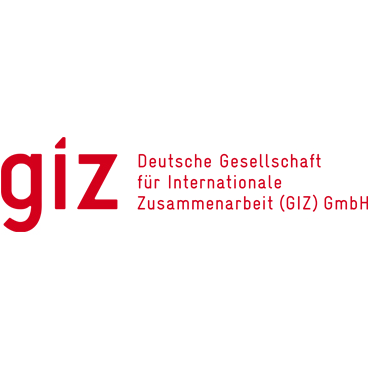Community / Land projects / Responsible Land Policy in Cameroon
Responsible Land Policy in Cameroon
€5000000
01/23 - 05/26
Ativo
Implementing Organisations
Donors
Data Providers
Context
Reliable access to land plays a central role in food security and poverty reduction as well as for the sustainable use of natural resources. In contrast, poorly defined land use rights encourage conflicts between different population and land user groups and prevent investment in the conservation and restoration of biodiverse landscapes.
In Cameroon, the outdated legislation in need of reform does not allow adequate and affordable recognition of land use rights. Especially in rural areas, land use is mainly governed by customary regimes which are not systematically documented or legally recognized. Traditional land management is often based on collective rather than individual ownership. Women, young people and marginalised groups are especially disadvantaged in accessing land.
Approach
The project "Responsible Land Policy" (ProPFR) in Cameroon contributes to strengthening land use rights in the Centre Region, safeguarding the livelihoods of the rural population and at the same time promoting the protection and restoration of forest-rich landscapes. It supports sustainable access to land, particularly for women, young people and marginalised groups (e.g., Mbororo pastoralists and internally displaced persons), as well as in resolving land conflicts, especially of an agropastoral nature.
The project’s systematic approach aims to improve the documentation of individual and collective tenure and land use rights to forest, agricultural as well as pasture land, and their recognition by national, regional and local as well as traditional authorities. Furthermore, civil society and private sector actors are involved and strengthened in the implementation of responsible land policies.
| Project objective
The access to land as an essential prerequisite for restoring and preserving forest landscapes and combating poverty and hunger in rural areas has improved for specific population groups, particularly women and marginalised groups, in the Centre Region of Cameroon. The project aims to
|





